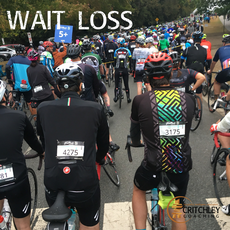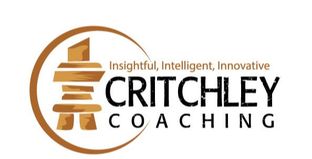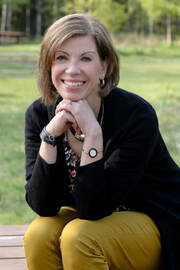
Some folks go all out. They purchase a new journal, set up a physical, visible calendar in a place that will both remind them of their goals and keep them motivated. They often set up structures of accountability to ensure success. And they tend to share their goal, out loud, or on social media so they have people asking about it and cheering them on.
In the second camp, are the people who do less ‘sharing’. They tend to do all the same steps as above, with a few modifications. Their accountability process is a bit quieter. They will likely have a tracking system but it may not be as visible. Perhaps they track in their phone or on their laptop. They also may tell a few trusted friends or family members but they tend not to want too much loud cheering from random people.
The third group are those who have vague or more broad goals. These fall into the category of things like, ‘This year I’m going to …. get my photos organized, spend more time in nature, make more time for my friends, get in shape, lose some weight, take more risks etc. The trouble here is it’s really difficult to know when this goal has been accomplished. Exactly what does ‘more’ mean? It’s hard to check a goal off a list or even to feel good about it when we don’t have a clear picture of what we are aiming at.
The final group is those who say they do not ‘do’ goals. The interesting thing about many of these people is they do think about their lives, and about things they might like to have, change or improve. What they refuse to do is to announce those ideas to others, or even out loud to themselves. I’ve heard things said like, ‘I know I won’t follow through so I’m not going to bother.’ Or ‘No one ever accomplishes what they say anyway.’ It’s kind of like saying, ‘I’ll show them I’m going to fail before they see for themselves.’ The saboteur, or Inner Critic, shuts down these dreams before they get out of the gate. It’s important to notice, this is not a lack of a dream or goal, it is simply the fear to act on it.
No matter what group we find ourselves in, and for me I’d say I’m closest to group two, we each do have things we want to have completed before our final trip around the sun. However, just because we think of those things, and can identify them, and have them filed neatly in our brains, the only guarantee that we will accomplish them is to start with a wait loss program. Not weight loss – the most common New Year goal – but wait loss. We need to lose the idea that if we wait long enough, the time will suddenly be right.
We all spend time waiting. We wait for the right moment, we wait for Monday to start a diet, we wait until we have completed the next course before applying for a job, we wait until the kids have grown up, we wait until we have saved the money, we wait until someone else is ready, we wait until the mortgage is paid off, we wait until we retire. On a smaller scale, we wait until tomorrow to make the phone call, to clean up, to work out, to visit a friend and to do our best.
It’s time to lose the wait.
For the little things, the phone calls, losing the wait simply makes us feel better. And often by accomplishing these tiny tasks, we free up our minds up for more important matters. We’ve all finally summoned up the energy to tackle some looming task, only to finish it in a fraction of our imagined time and to feel infinitely lighter upon its completion. This kind of wait loss feels incredible!
For the bigger things, for the ‘wait until the kids have grown’ things, it’s understandable that at first glance it would be fair to consider that we cannot abandon our good sense or act recklessly. Our wallets and commitments may clearly tell us that some waiting is in order. The trick to waiting is to fill bits of the space between the present and the ‘kids growing up’ with activities or steps that give us a small taste of what we yearn for.
If we hope to travel to Italy once the kids have launched, there is nothing holding us back from listening to ‘How to Speak Italian’ in our cars as we sit in traffic, or attending a local travel show to hear about the beautiful sights, or taking a course in Italian cuisine, or even opening a separate bank account we label, ‘Italy’.
I challenge you this week to think of one of your more meaningful goals and to think of one thing you could do, this week, to begin to bring the goal to life.
My inquiry for you this week is, ‘What am I waiting for?’
Elizabeth is a certified, professional Life and Leadership Coach, and the owner of Critchley Coaching. She is also the founder and president of the Canadian charity, RDL Building Hope Society. She works with corporations, non-profits and the public sector, providing leadership programs and personal coaching for individuals and teams. What are you waiting for?


 RSS Feed
RSS Feed